
23 Weird Signs of Kidney Disease Most People Will Miss
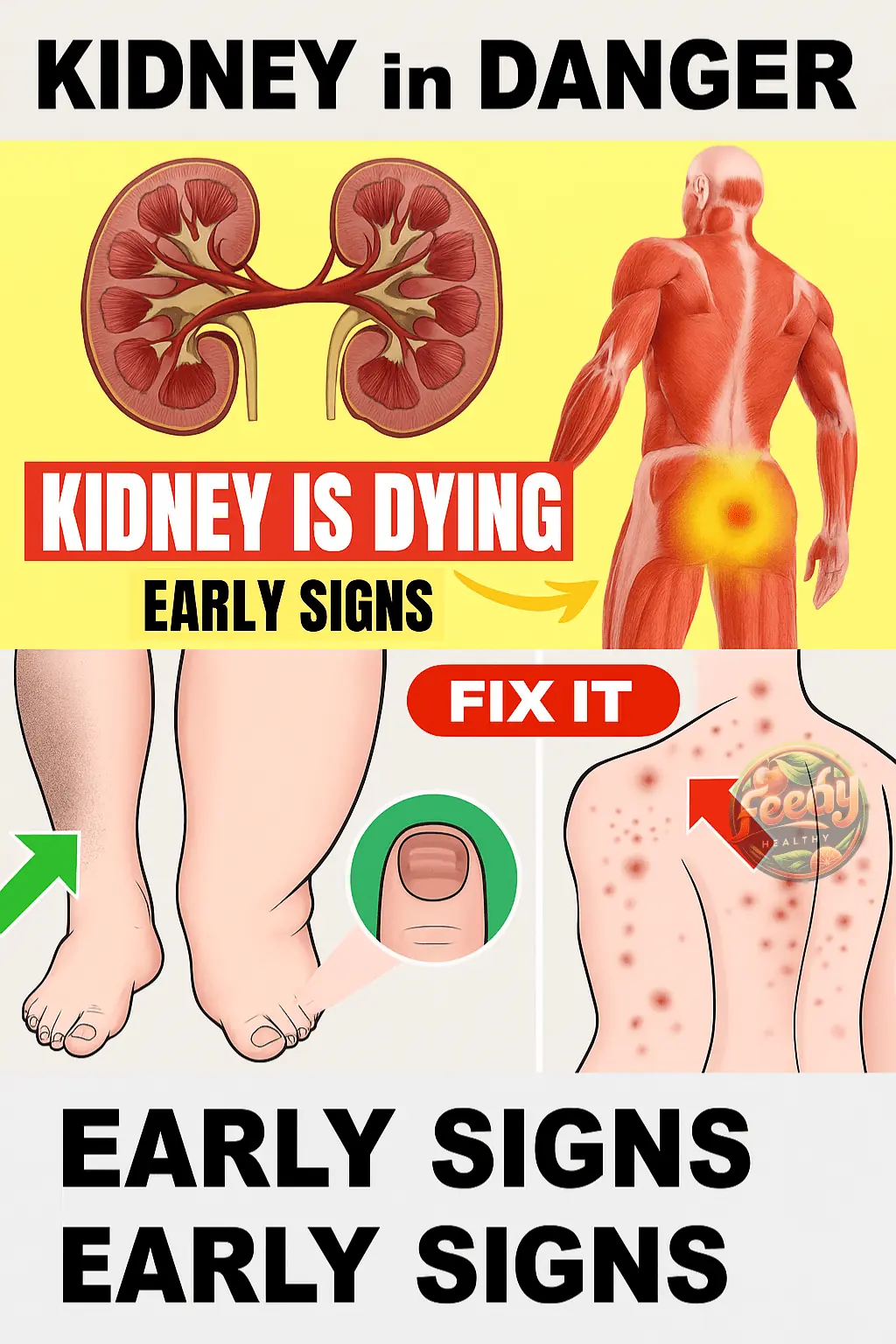
Don’t Ignore These Silent Warnings — Your Kidneys Could Be at Risk
Your kidneys filter around 50 gallons of blood every day — working quietly and efficiently to remove waste and balance your body’s fluids. But when kidney function starts to decline, the early symptoms can be subtle, unusual, and easy to miss.
While most people associate kidney problems with fatigue or lower back pain, the truth is that kidney disease often begins with lesser-known clues. Below are 23 odd but important signs your kidneys might be in trouble — and why it's crucial to pay attention.
🚨 23 Unusual Signs of Kidney Trouble
-
Foamy or Bubbly Urine
This may indicate protein leakage — an early warning sign of kidney damage. -
Metallic Taste in the Mouth
A buildup of toxins in the blood can alter your sense of taste, sometimes creating a metallic or ammonia-like flavor. -
Persistent Itching Without a Rash
Toxins accumulating under the skin can trigger itching — even when no rash is present. -
Ammonia Breath
Also called “uremic fetor,” this foul breath odor comes from toxins building up in the bloodstream. -
Puffy Face or Swollen Eyes in the Morning
Facial puffiness can suggest that protein is leaking into the urine — a red flag for kidney issues. -
Frequent Muscle Cramps (Especially in the Legs)
Imbalanced electrolytes from poor kidney function can lead to cramping or twitching. -
Changes in Skin Color
Kidney dysfunction may cause a pale, grayish, or yellowish tint to the skin due to anemia or waste accumulation. -
Difficulty Sleeping
When toxins aren’t filtered out properly, they can disrupt your sleep cycles. -
Loss of Appetite
Waste buildup in the blood (uremia) can suppress hunger and cause nausea. -
Unusual Urine Odor
A strong or foul-smelling urine may be a sign of kidney problems or infections. -
Swollen Ankles and Feet
Kidney dysfunction often leads to fluid retention, especially in the lower limbs. -
High Blood Pressure
The kidneys play a key role in regulating blood pressure. When they fail, hypertension is often the result. -
Frequent Nighttime Urination
Needing to urinate more at night (nocturia) may be an early symptom of kidney decline. -
Shortness of Breath — Even at Rest
Excess fluid can build up in the lungs, making it difficult to breathe, particularly when lying down. -
Dry, Flaky Skin
Poor kidney function affects mineral balance, which can lead to skin dryness and irritation. -
Nausea or Vomiting After Eating
Digestive discomfort after meals can stem from toxin buildup in the blood. -
Recurring Urinary Tract Infections (UTIs)
Untreated or frequent UTIs can lead to more serious kidney infections. -
Aches in the Side or Lower Back
Dull or persistent pain near the kidneys could indicate inflammation or damage. -
Brain Fog or Trouble Concentrating
A high toxin load in the blood can impair cognitive function, causing confusion or forgetfulness. -
Dizziness or Lightheadedness
Anemia from kidney disease can reduce oxygen to the brain, leading to dizziness. -
Ridges or Lines on Fingernails
Pale or ridged nails may signal chronic kidney issues. -
Unexplained Weight Loss
Loss of appetite, nausea, and muscle wasting from kidney problems can cause sudden weight drops. -
Cold Hands and Feet
Poor circulation and anemia — both common in kidney disease — may leave you feeling cold even in warm weather.
🛑 Don’t Ignore the Signs
Kidney disease is often called a “silent killer” because it progresses quietly — until damage becomes severe. But early detection can prevent long-term harm.
If you notice several of these symptoms, talk to your doctor about testing your kidney function (e.g., eGFR, creatinine, and urine protein tests).
✅ How to Support Kidney Health Naturally
-
Stay hydrated (but avoid overhydration)
-
Eat less salt and processed foods
-
Limit use of NSAIDs like ibuprofen
-
Control blood sugar and blood pressure
-
Get regular checkups, especially after age 40
Your kidneys work hard around the clock — don’t wait for warning signs to act. Start protecting them today.
News in the same category

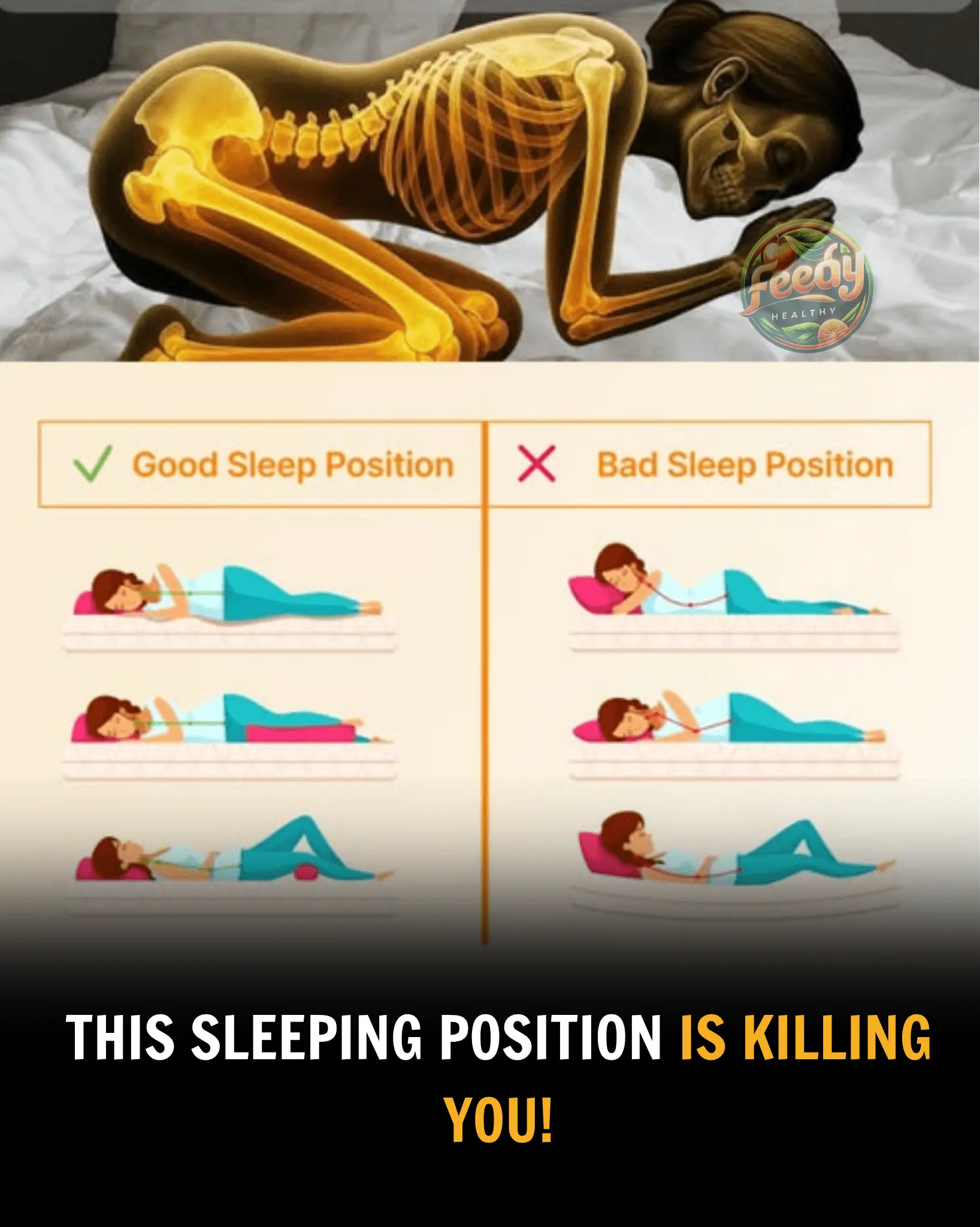
The Most Dangerous Sleeping Position – What You Didn’t Know Could Be Harming Your Health
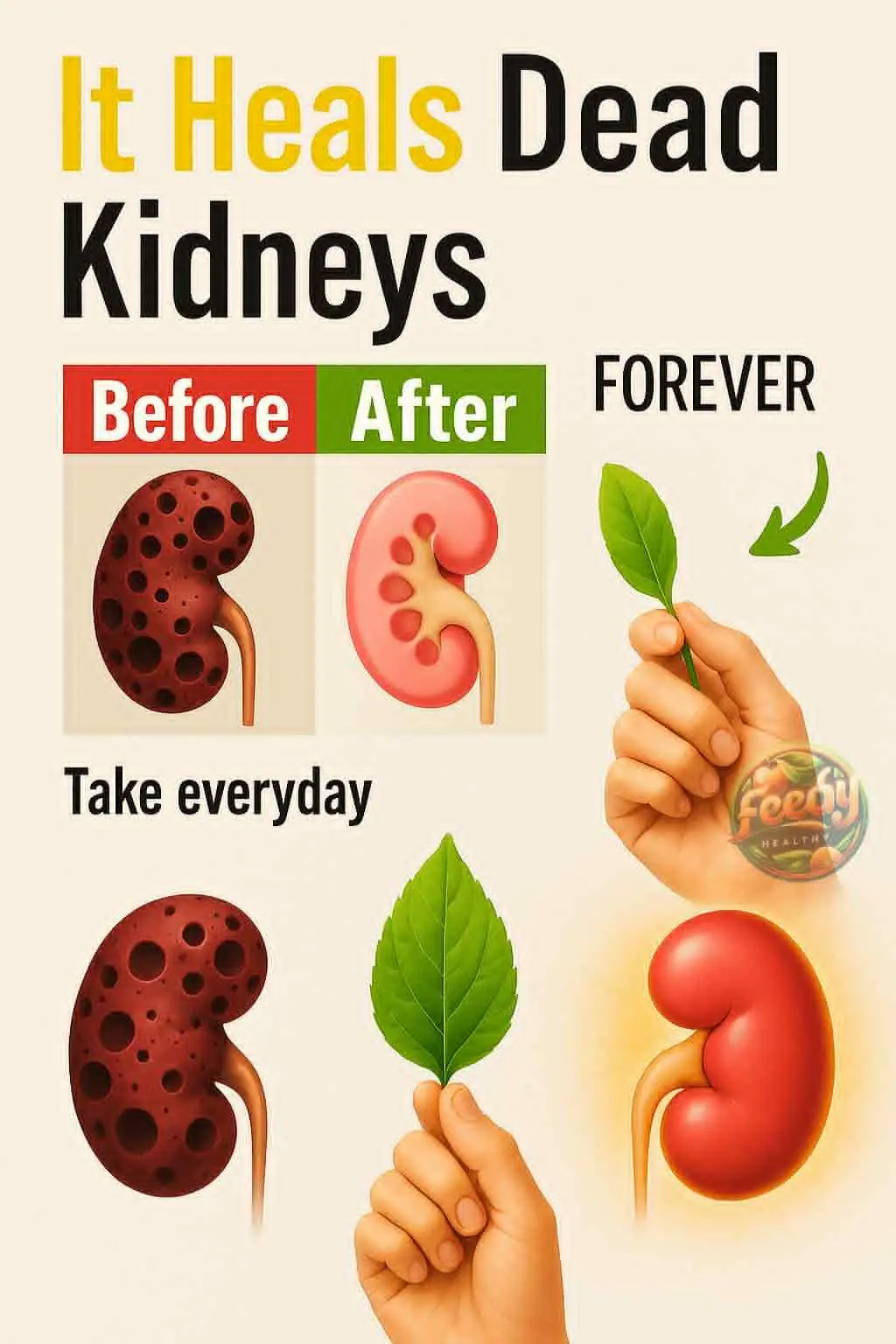
This Natural Leaf Has Been Used for Generations to Support Kidney Health

The Spiritual Meaning of the Hummingbird: A Message of Hope and Care
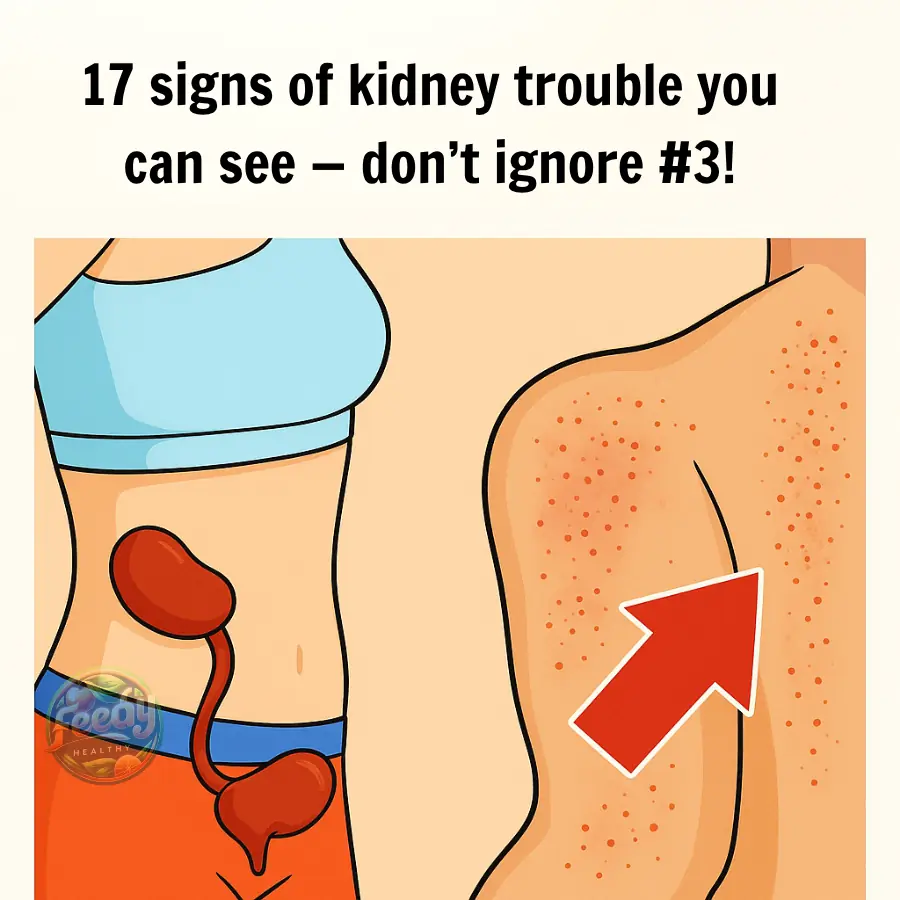
17 signs of kidney trouble you can see
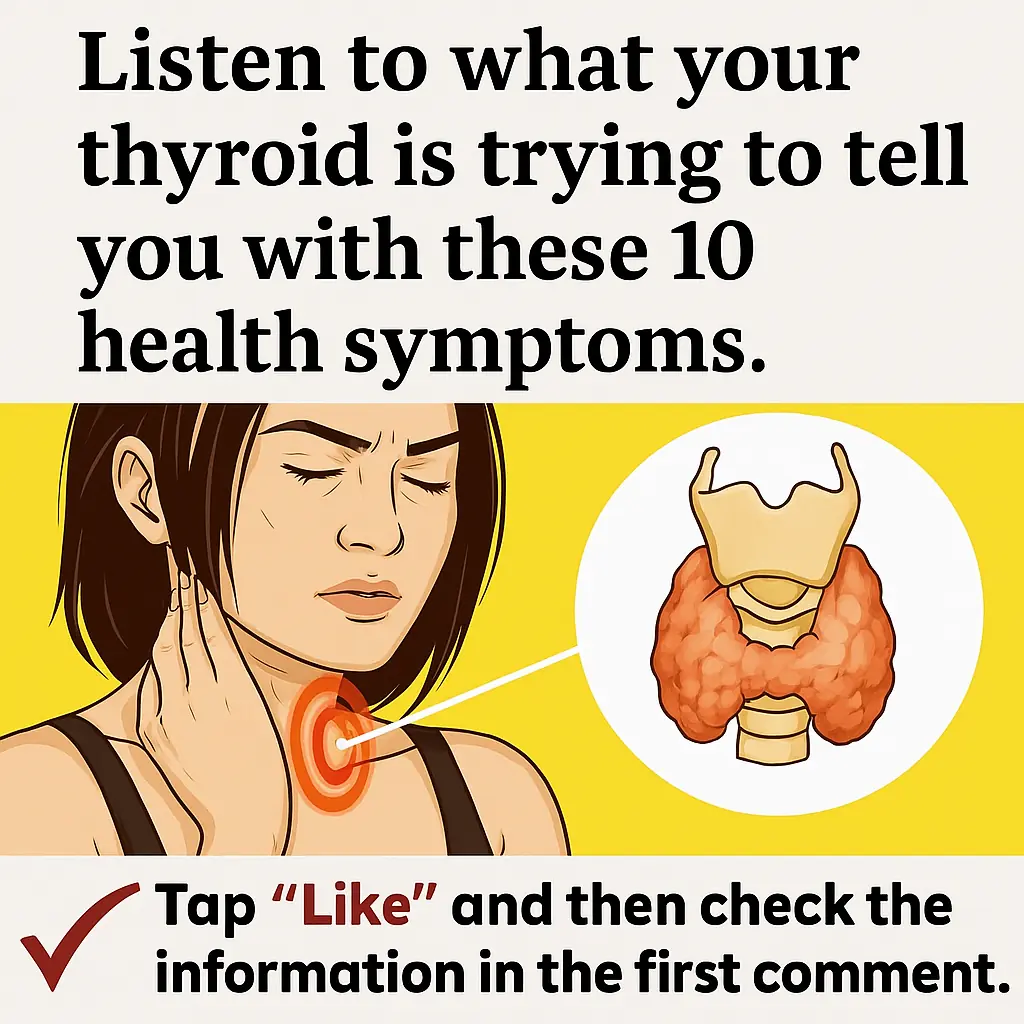
Bad Habits That Affect Thyroid Health
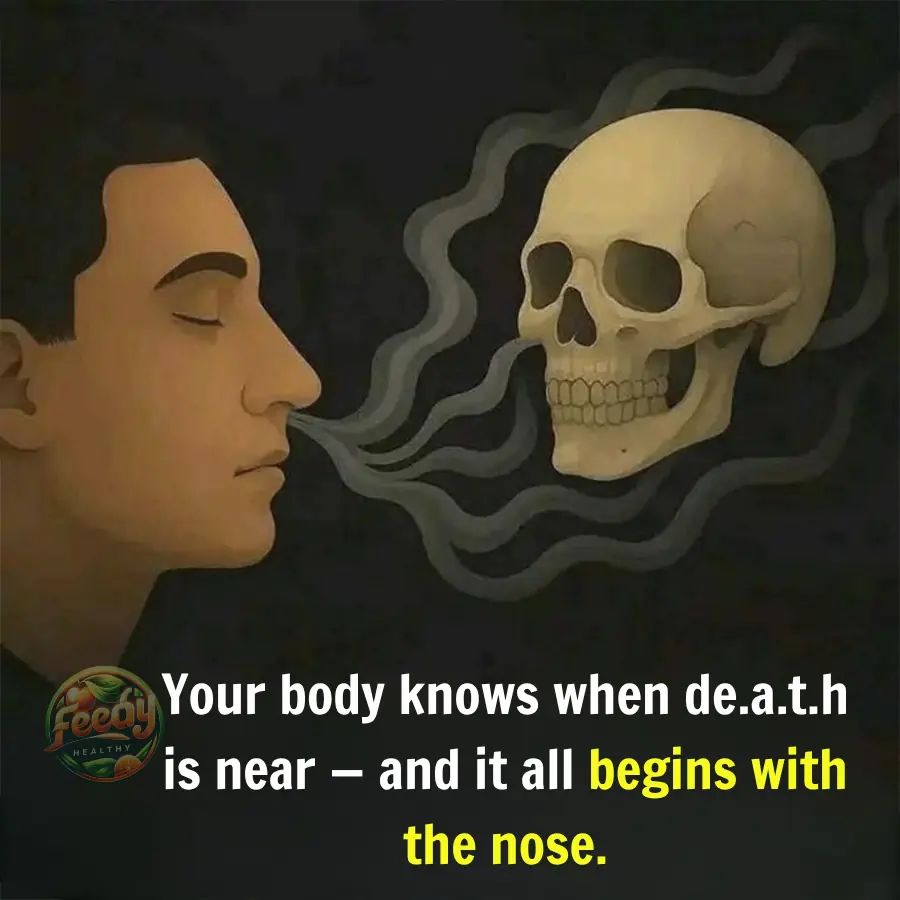
The Body Senses the End: The Importance of Smell in Health and Wellbeing
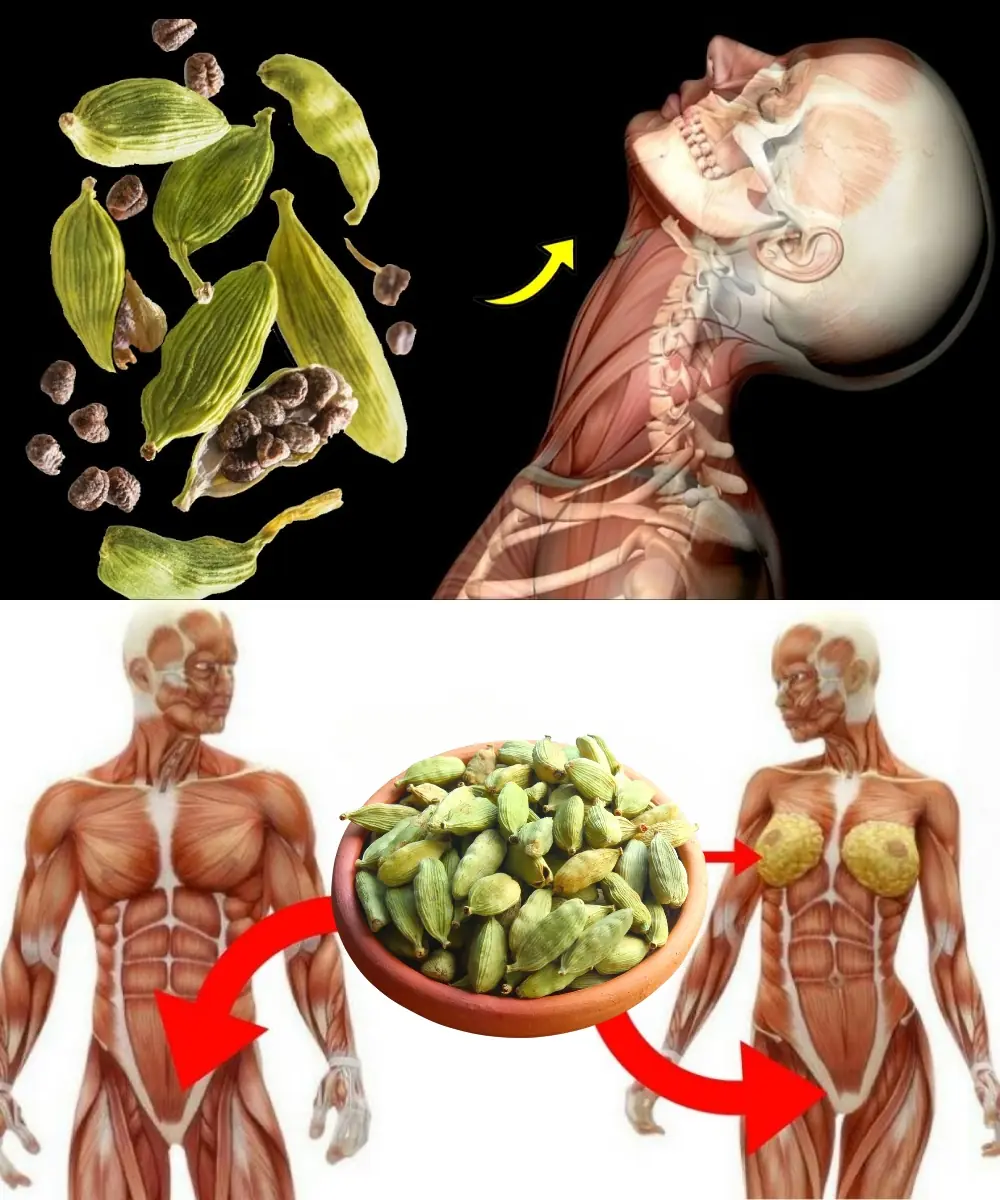
What Happens to Your Body When You Add Cardamom to Your Food Every Day

Clove benefits for Skin – Clove Oil, Clove Gel & Clove ice cubes

Discover the Incredible Benefits of Beets: Recipes and Natural Remedies for Your Health

Nighttime Leg Cramps: Causes and Natural Solutions

Owls: Night Guardians and Their Connection to Your Home

Natural Remedies for Itching and Skin Rashes
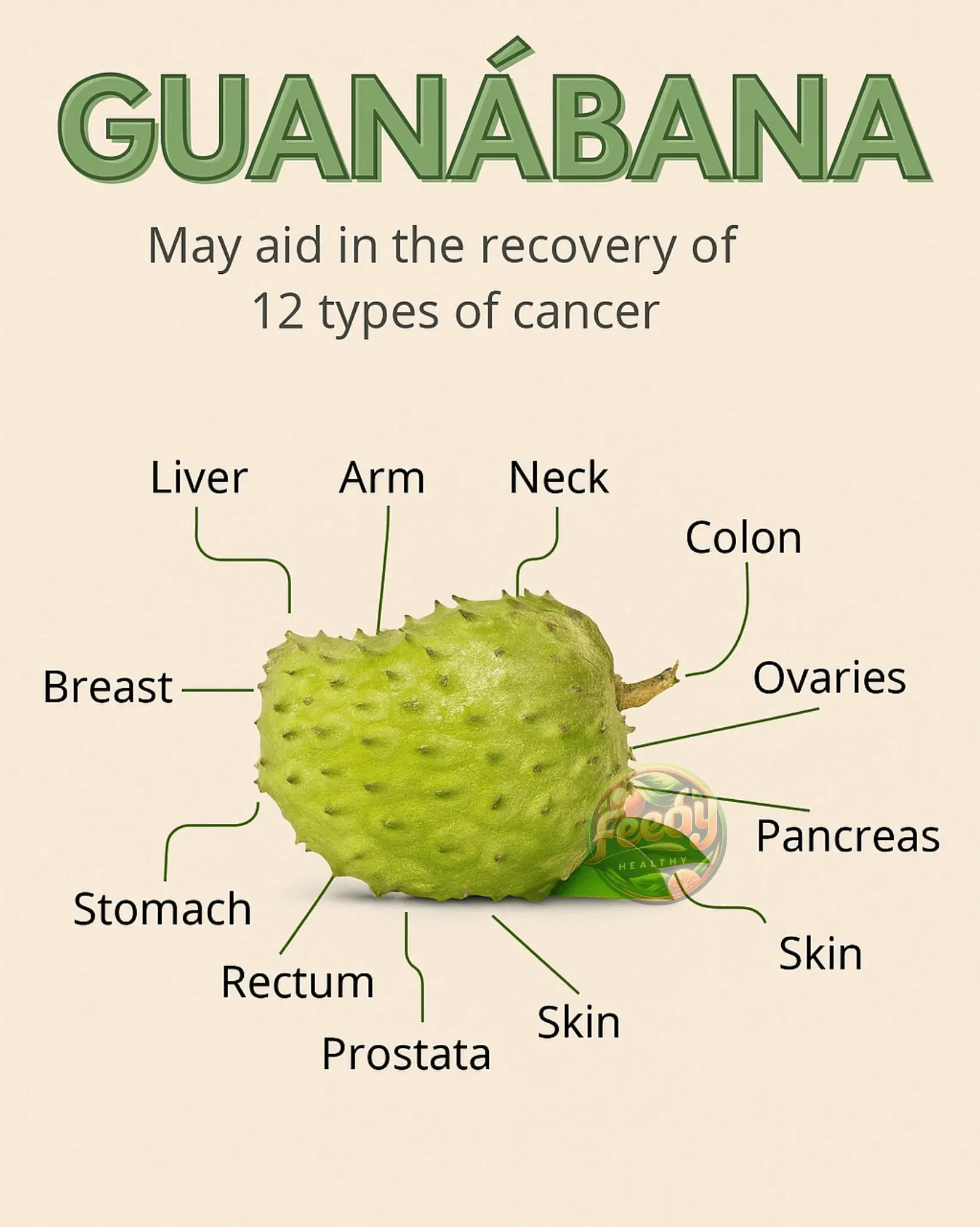
Soursop: A Miraculous Fruit to Strengthen Your Cellular Health
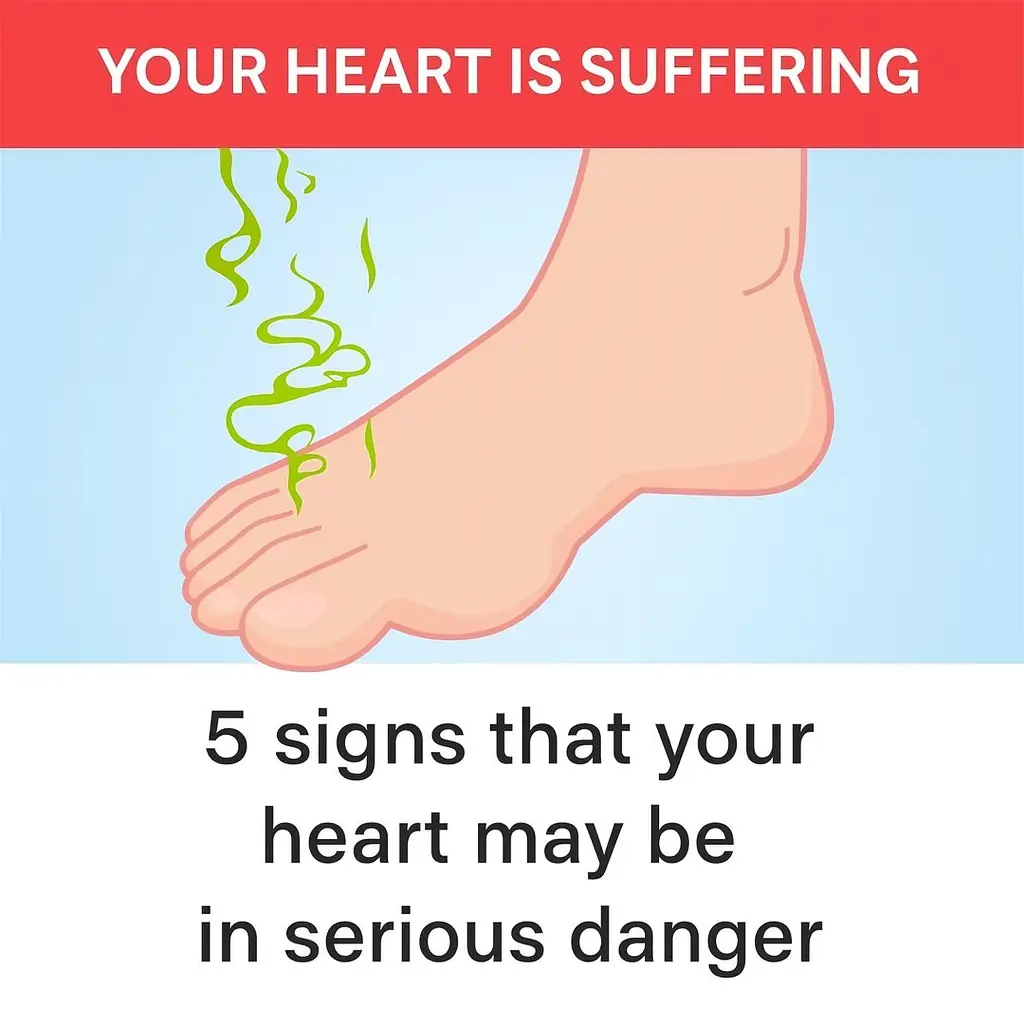
5 Signs Your Heart May Be in Serious Danger

Mix these seeds in oil for long thick hair
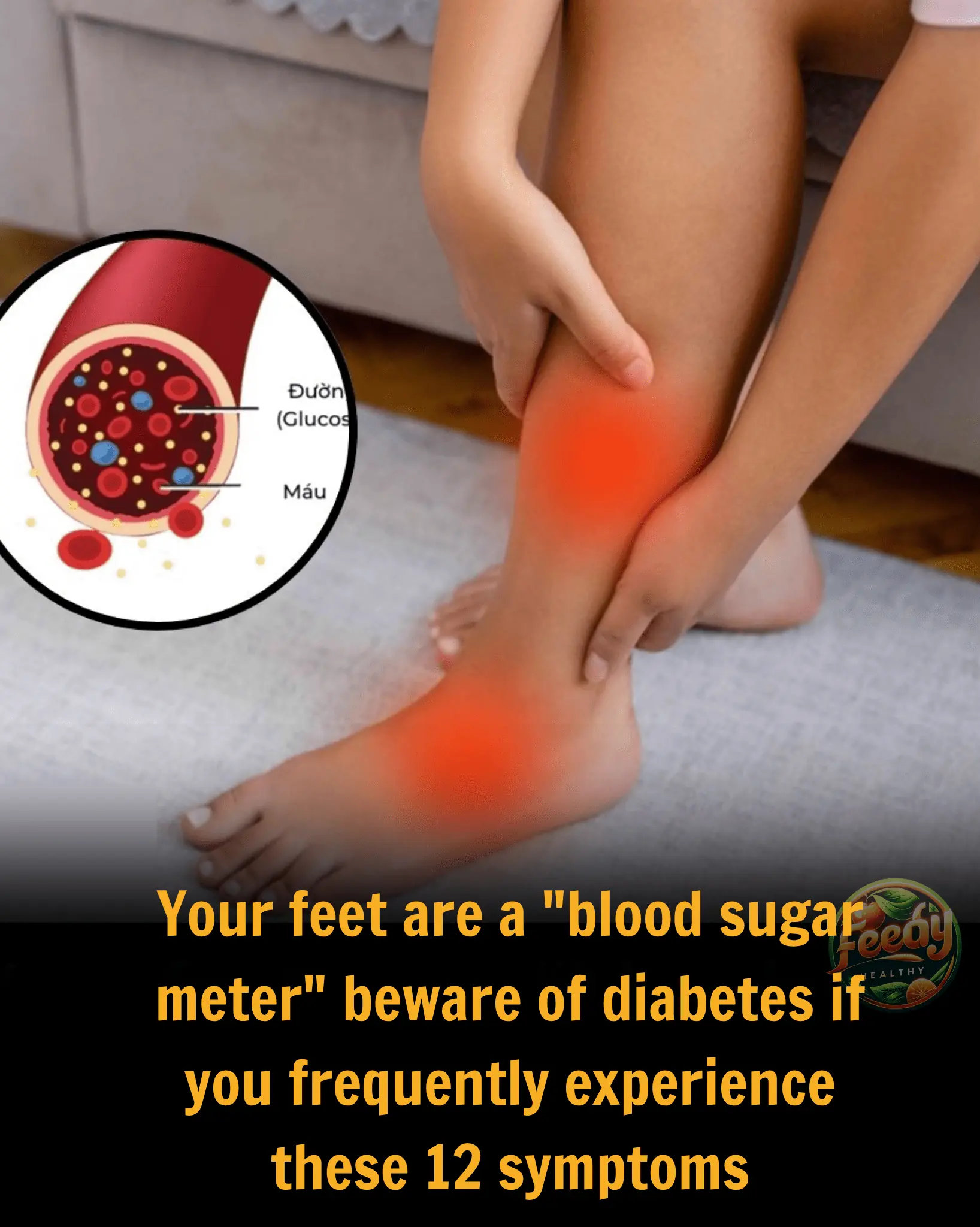
12 Warning Signs Your Blood Sugar Might Be Too Low
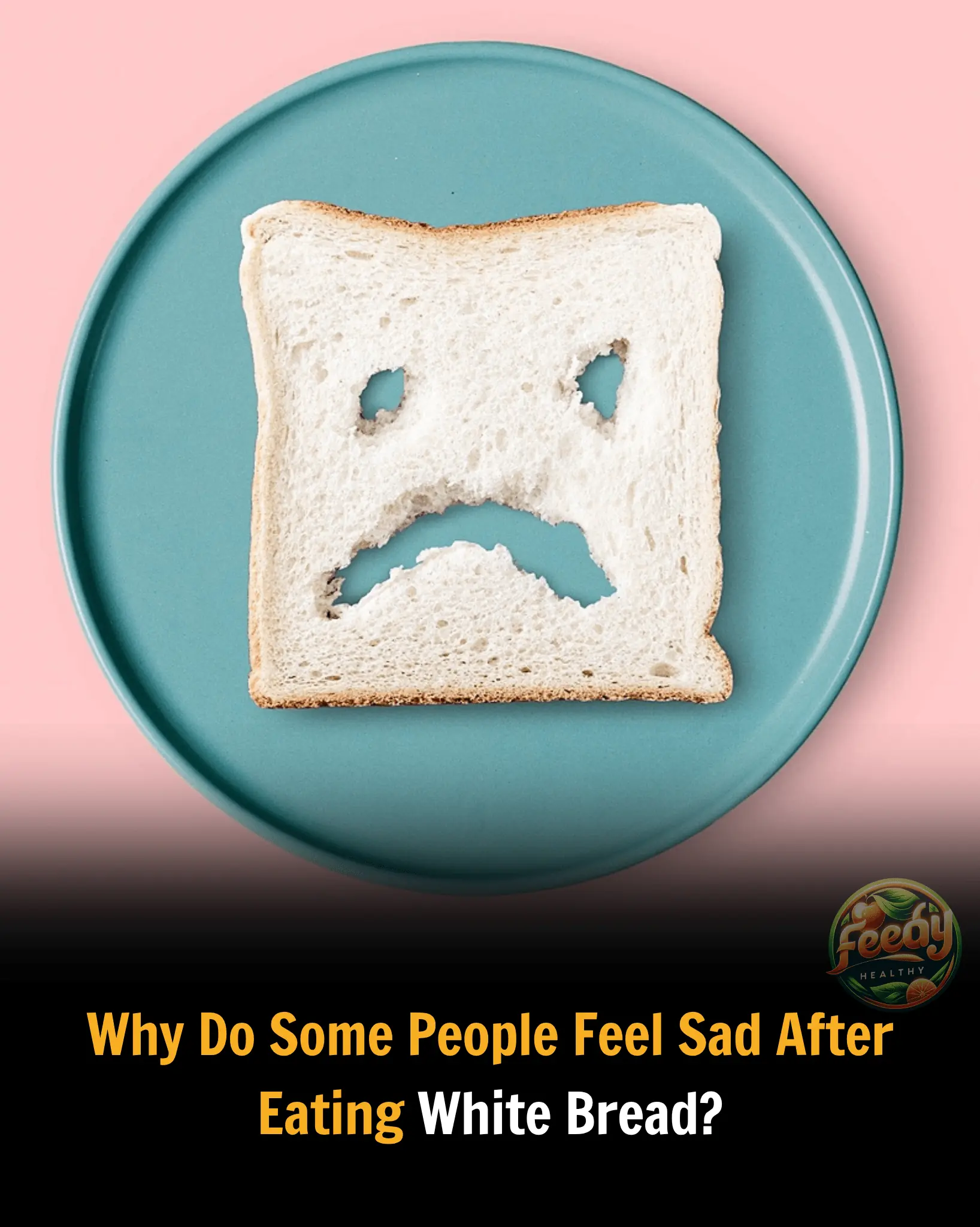
Why Do Some People Feel Sad After Eating White Bread?
News Post

The Miracle Drink That Could Empty Hospitals in 2025 – Say Goodbye to Disease, Naturally!

🍰 Mango Cream Roll Cake Recipe

Ultimate Belly Fat Burner: Refreshing Weight Loss Drink with Pineapple, Grapefruit, Lemon & Ginger

Discover the Benefits of a Simple Herbal Tea for Everyday Wellness

The Power of Ginger and Aloe Vera: A Natural Health Boost for You
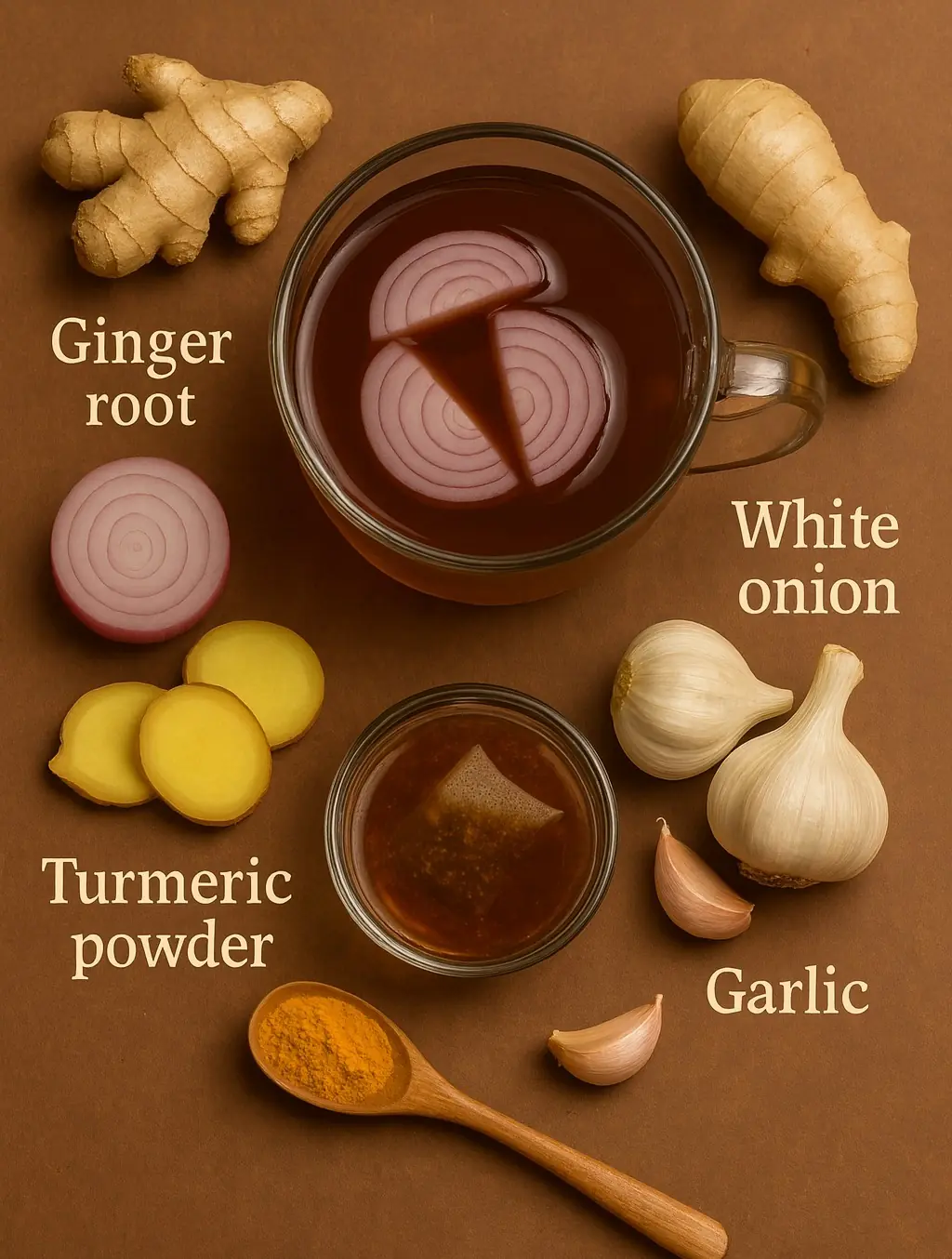
The Ultimate Post-Meal Elixir: Garlic, Turmeric, Onion, Ginger, and Guava Leaves for Vibrant Health

Egg White Magic: Banish Blackheads Naturally with One Simple Ingredient

Almond Banana Avocado Smoothie: Unleashing Your Inner Strength

How to Make a Healthy Banana, Avocado & Carrot Smoothie

Top 5 Benefits of Drinking Cucumber Juice 🥒
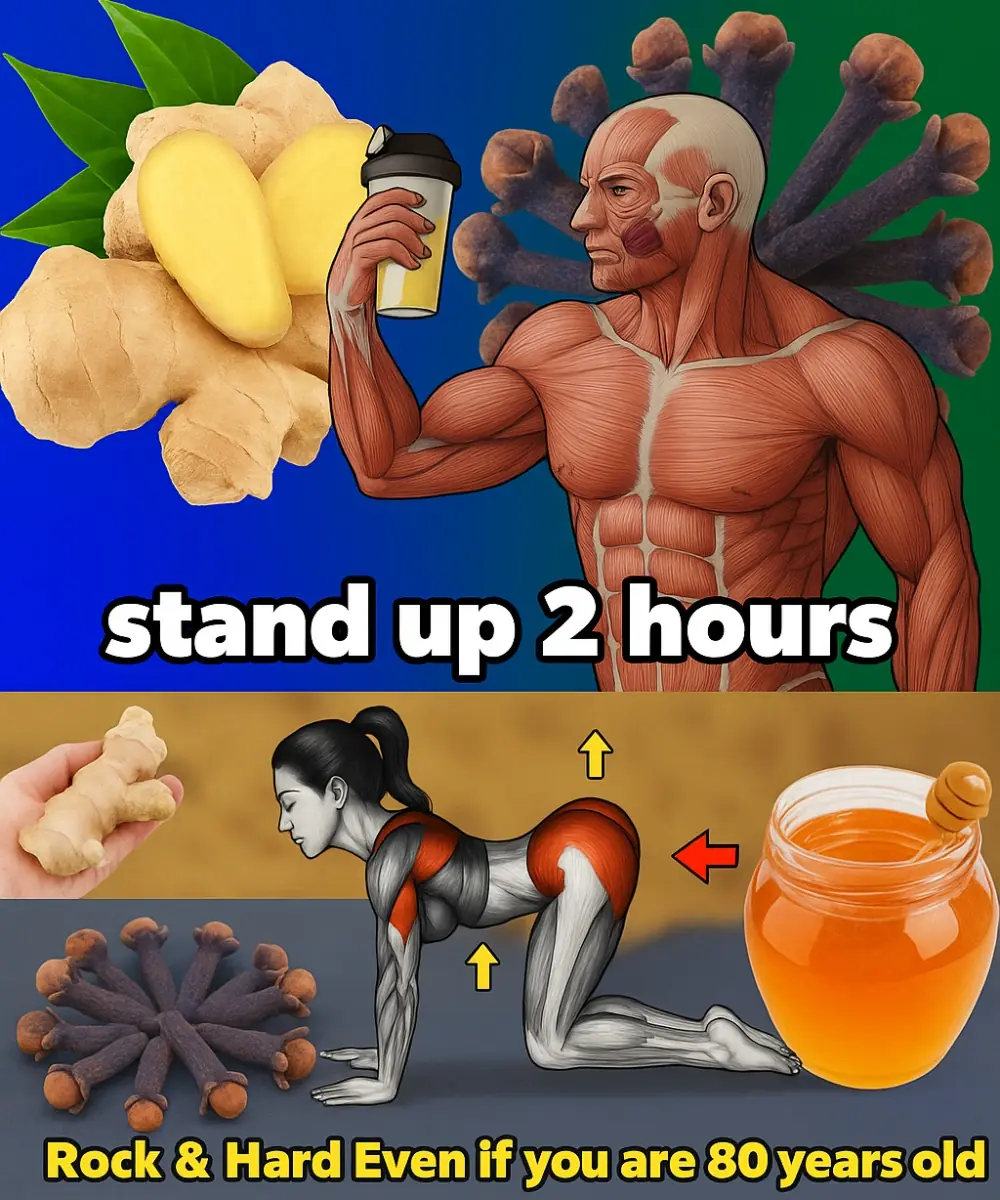
Ginger, Clove, and Honey: Nature’s Secret to Boosting Your Immunity
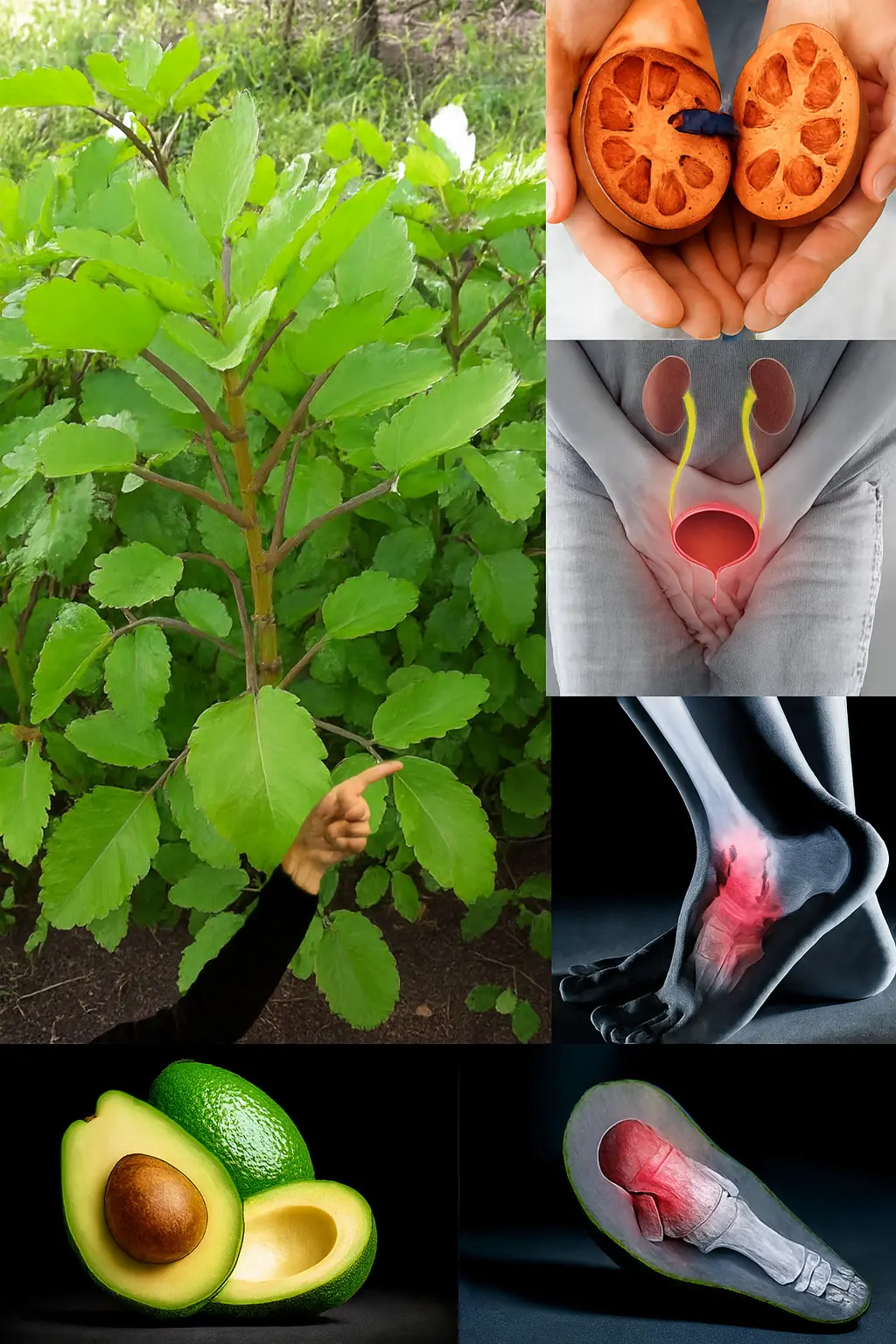
Bryophyllum Calycinum: Nature’s Miracle Leaf for Healing Wounds and Beyond

The terrifying reason cruise ship passengers are asked to turn off lights and close curtains when traversing specific waters

A newly adopted stray dog saved the life of a newborn baby in the middle of the night

The Eagle’s Response: A Powerful Lesson in Rising Above

Reasons why women cheat, according to a relationship expert

This ex-child star left Hollywood for motherhood and is now a 60-year-old mom of six and proud grandmother

What is High-Functioning Alcoholism?
